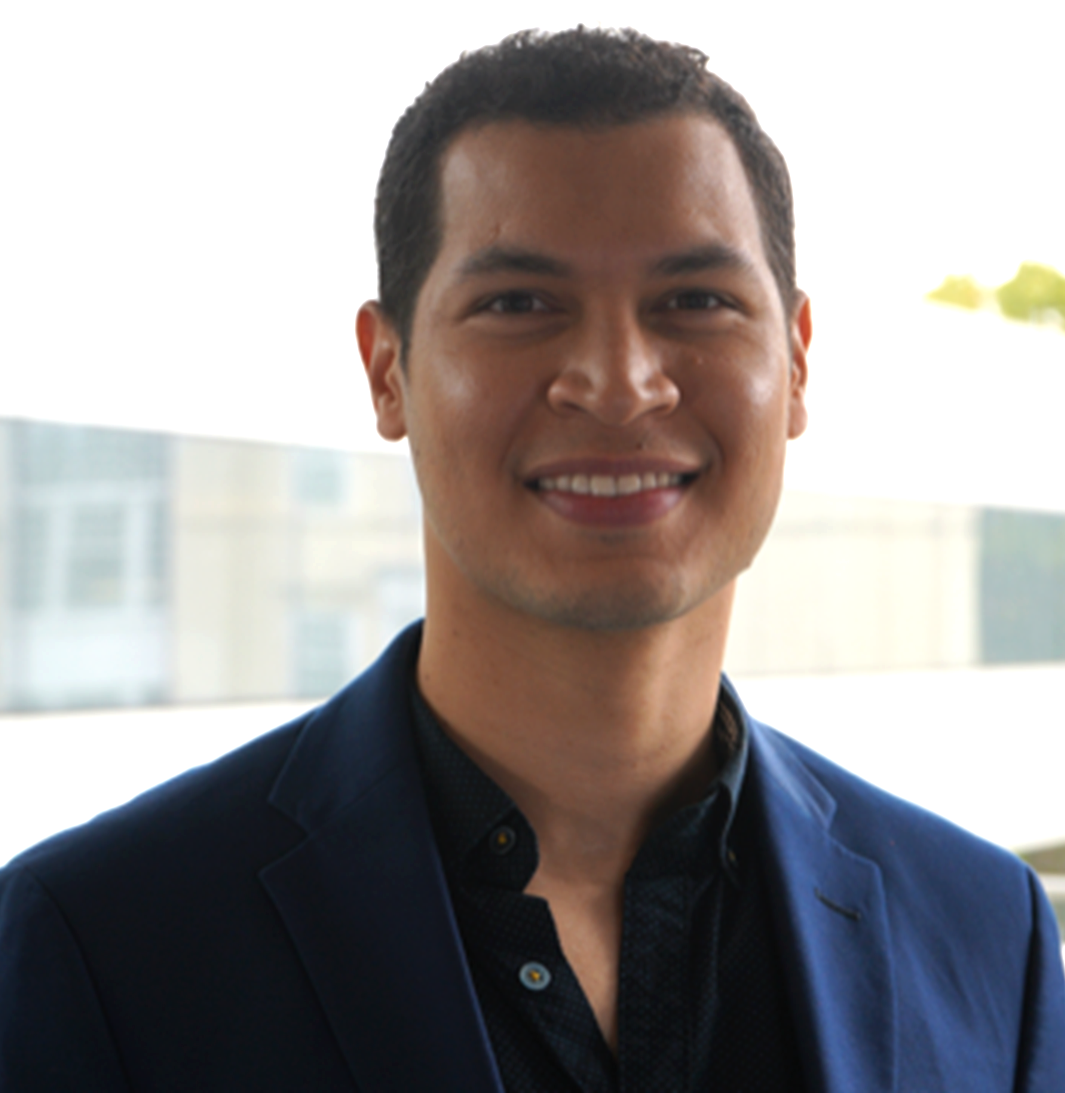Speaker Interview: Dr. Lucivan Barros, Thermo Fisher Scientific
In our latest speaker interview, we are joined by, Dr. Lucivan Barros, Senior Applications Scientist at Thermo Fisher Scientific.

What are your key focus areas and responsibilities?
I'm the Senior Applications Scientist at Thermo Fisher Scientific, a role I've recently embraced and thoroughly enjoy. My primary focus revolves around our customers, where I find great fulfilment in understanding their materials and addressing their challenges with optimal solutions. Building strong customer relationships is a key highlight, and I'm privileged to have an exceptional team supporting me. I also play a vital role in promoting our products, showcasing their potential to boost business growth through improved productivity, reproducibility, and quality, regardless of whether our customers are from the industry or academia. My mission is to ensure we consistently meet and exceed their expectations.
What are the biggest challenges facing the market today, and how can this be overcome?
In terms of compounding and polymer market, I believe that there are several significant challenges. Raw material costs, technological advancements, global competition, supply chain disruption are some examples. However, environmental concerns are one of the most pressing challenges for the market in my opinion. Many industries are demanding eco-friendly materials and processes. To overcome this, I believe companies should invest in research and development of biodegradable polymers and adopt greener manufacturing practices.
In your opinion, what do you consider to be the greatest development in your industry in the last decade?
In my opinion, in the polymer industry over the last decade, one of the greatest developments has been the advancement of sustainable materials and recycling technologies. Due to the growing environmental concerns, there's been a significant shift towards eco-friendly polymers, including biodegradable and recyclable plastics. Innovations like chemical recycling and the circular economy approach have gained traction, promising to reduce plastic waste and its environmental impact. This sustainability-driven evolution is reshaping the industry's landscape, fostering responsible production, and addressing environmental challenges. It represents a fundamental change that will likely continue to drive the polymer industry's future direction.
How do you see the sector developing in the next five to ten years?
I foresee significant growth in the sector over the next five to ten years. We're entering an exponential curve of development, where compounding and extrusion play pivotal roles. Beyond the polymer industry, they support pharmaceutical, food and energy sectors. The pandemic accelerated innovations in pharmaceuticals, demanding faster, more reliable technology for precise solutions in healthcare. Additionally, the rising demand for high-performance batteries in green technologies, such as electric cars, creates opportunities. Compounding will be a key player, contributing to the production and advancement of these batteries. Our industry holds a critical role in shaping the future of pharmaceuticals, energy, and beyond.
You will be speaking at the AMI Plastics World Expos in North America, could you give us a preview on what you will be talking about?
Certainly, I'd love to share a sneak peek of my talk at the AMI Plastics World Expo. I'll be delving into the exciting world of 3D printing. Specifically, I'll explore how to achieve optimal mixing in 3D printing filaments using twin-screw extruders. These extruders are renowned for their exceptional mixing capabilities, and I'll reveal how to use their potential to create high quality 3D printing filaments. It promises to be an engaging discussion in the world of additive manufacturing and materials science.
Lucivan Barros will be speaking at the AMI Plastics World Expos in North America.
